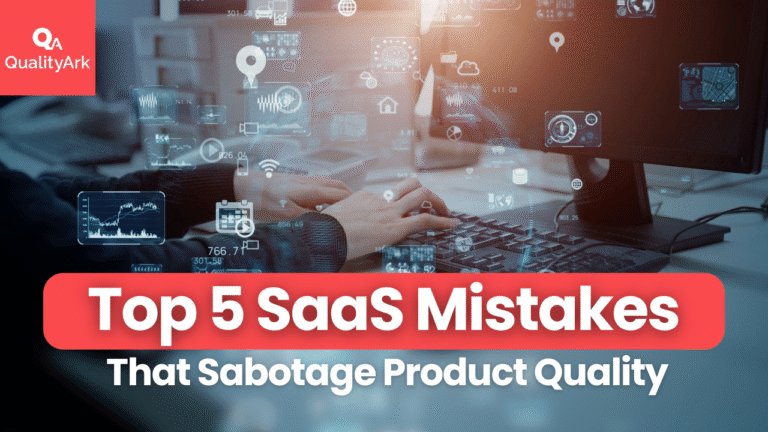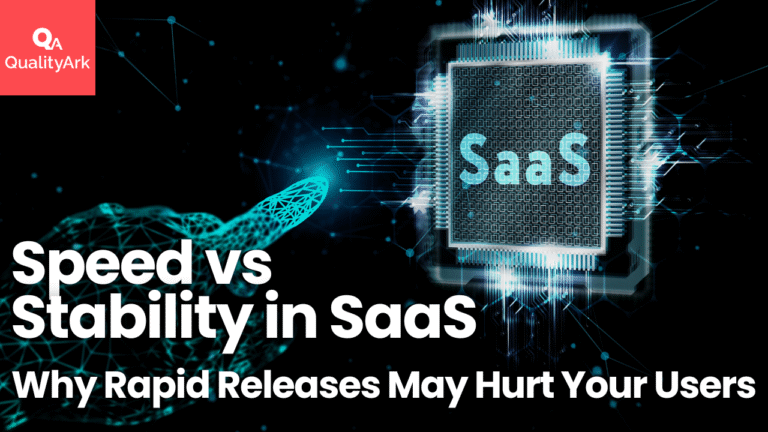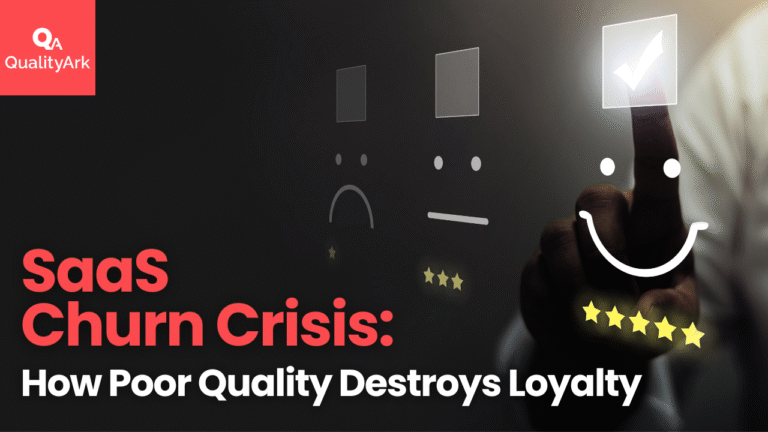Secure Your SaaS: Master API Testing in 2025
Application Programming Interfaces (APIs) serve as the backbone of modern SaaS applications, enabling seamless integrations and automating critical business processes. Despite their importance, API testing remains one of the most neglected areas in software development, creating vulnerabilities that cost organizations millions in security breaches and system failures.
According to IBM’s 2024 report, the average global data breach cost reached $4.88 million – a 15% increase that comprehensive API security testing could significantly reduce. Modern SaaS architectures rely on API ecosystems connecting CRM systems, payment processors, and external services. A single API vulnerability can cascade through entire operations, compromising customer data and triggering regulatory violations.
The Hidden Costs of API Testing Negligence
Organizational Awareness Gaps
The primary driver of API testing negligence stems from misunderstanding APIs’ strategic business importance. Senior leadership often perceives APIs as invisible technical infrastructure, focusing resources exclusively on customer-facing interfaces that provide immediate visual validation.
This creates dangerous blind spots because APIs enable all visible functionality. Research across Fortune 500 companies reveals over 60% admit insufficient API testing coverage, treating validation as optional technical debt rather than critical business infrastructure protection.
Development Velocity Misconceptions
Agile development pressures create environments where API testing appears to slow delivery, leading project managers to sacrifice long-term stability for short-term velocity metrics. This misunderstands quality assurance economics – early-stage testing investments prevent exponentially more expensive post-deployment remediation.
Production API failures require immediate hotfixes, emergency deployments, and extensive troubleshooting consuming significantly more resources than comprehensive pre-deployment testing. Organizations report emergency API fixes cost 10-50 times more than equivalent development-phase testing investments.

Most Common API Testing Problems
1. Critical API Security Vulnerabilities
Poor API security testing is a problem affecting most technology companies. The OWASP Top 10 API Security Risks identifies vulnerabilities such as Broken Object Level Authorization (BOLA), Broken Authentication, and Excessive Data Exposure as main causes of security incidents. SQL Injection attacks or unauthorized data access can cost millions, as demonstrated by numerous breach cases in the fintech and e-commerce industries.
2. Outdated API Documentation Issues
Lack of precise API documentation is a plague of modern software development. When developers introduce changes without updating specifications, testers work with incomplete information, leading to incorrect test assumptions and missed scenarios. Without clearly defined business requirements, QA teams cannot effectively verify API functionality.
3. Insufficient API Test Automation
API test automation remains a challenge for many organizations. Manual testing of multi-endpoint systems is not only time-consuming but also prone to human error. Companies often focus exclusively on happy path scenarios, omitting crucial negative tests and edge cases that could reveal critical system weaknesses.
When and How to Test APIs?
Optimal API Testing Moments:
- Development phase: Implement tests parallel to API creation
- Pre-deployment: Conduct comprehensive regression and security testing
- After each change: Automate tests in CI/CD pipelines
- Production monitoring: Regularly verify API performance and availability

API Testing Best Practices in 2025
Effective API testing is a multi-stage process that begins with foundations – precisely crafted API documentation verified with the team for compliance with business requirements. Key elements include detailed user stories and test scenarios that eliminate ambiguities and ensure shared understanding of project goals across all teams.
Test automation integrated with CI/CD processes enables continuous quality monitoring and rapid problem detection in early development stages, significantly reducing the cost of later fixes. Special attention should be paid to negative and load tests, which verify API stability under unusual operational conditions and reveal system weak points before they reach end users.
Stable test environments supported by containerization and mocks guarantee result repeatability and eliminate environmental variability. In the context of growing cybersecurity threats, API security requires regular audits using tools like OWASP ZAP and thorough testing of authorization and authentication mechanisms.
API Test Results Monitoring and Optimization
The final element closing the process is regular test results reporting and systematic analysis with the team, enabling proactive challenge addressing and continuous improvement of quality processes. Metrics such as API response time, endpoint availability, and bug detection rate should be constantly monitored and analyzed.
Security Testing and Vulnerability Assessment
Penetration Testing Approaches
Professional penetration testing employs systematic attack simulation identifying vulnerabilities automated scanning might miss. Ethical hackers attempt to exploit API endpoints using real-world attack methodologies while documenting vulnerabilities and recommending remediation strategies. SQL injection, cross-site scripting, and command injection attacks require specialized testing validating input sanitization and parameterized query implementations. These tests must cover all input vectors and processing paths ensuring comprehensive protection. API-specific attack patterns like parameter pollution and HTTP method manipulation require testing scenarios automated tools often overlook. Manual security testing identifies sophisticated attack vectors while providing tailored remediation guidance.
Compliance and Regulatory Requirements
Regulated industries require API testing protocols demonstrating compliance with security standards and data protection regulations. GDPR, HIPAA, PCI DSS compliance each impose unique testing obligations requiring systematic validation and documentation. Audit trail generation, access logging, and encryption requirements need comprehensive testing validating implementation correctness and regulatory compliance. Regular compliance assessments ensure ongoing adherence while identifying gaps before violations occur.
ROI Analysis and Strategic Business Impact of API Testing
Financial Benefits of Comprehensive Testing
Investment in professional API testing delivers measurable returns through reduced security incident costs, improved system reliability, and enhanced development productivity. Organizations implementing comprehensive testing report 40-70% reduction in production incidents and associated remediation costs.
Customer retention improvements through enhanced reliability provide significant lifetime value increases justifying substantial testing investments. API reliability directly impacts customer experience and satisfaction metrics driving long-term business success.
Developer productivity gains from reliable APIs reduce debugging overhead while enabling faster feature development. These efficiency improvements compound over time, creating substantial organizational value exceeding initial testing investments.
Competitive Advantages Through API Excellence
Superior API reliability creates competitive advantages in markets where integration capabilities influence purchasing decisions. B2B customers particularly value reliable APIs enabling seamless integration with existing business systems.
Partnership opportunities expand when organizations demonstrate superior API quality through comprehensive testing protocols. Technology partners prefer integrating with reliable systems minimizing support overhead and satisfaction risks.
Summary
API testing is not optional – it’s a strategic business necessity. Implementation of the described practices not only improves the quality of delivered solutions but also builds customer trust and strengthens the company’s competitive position in the market. In an era where user experience determines business success, investment in professional API testing is an investment in the organization’s future.
Issues such as outdated documentation, weak security, or lack of automation can lead to costly failures and loss of customer trust. Therefore, it’s worth consulting with QA experts who can help build reliable API testing processes using the latest technologies and proven methodologies.
Ready to transform your API security and performance through comprehensive testing strategies? Schedule your expert consultation today and protect your business from costly failures while accelerating development velocity.
Book your free QA consultation!







